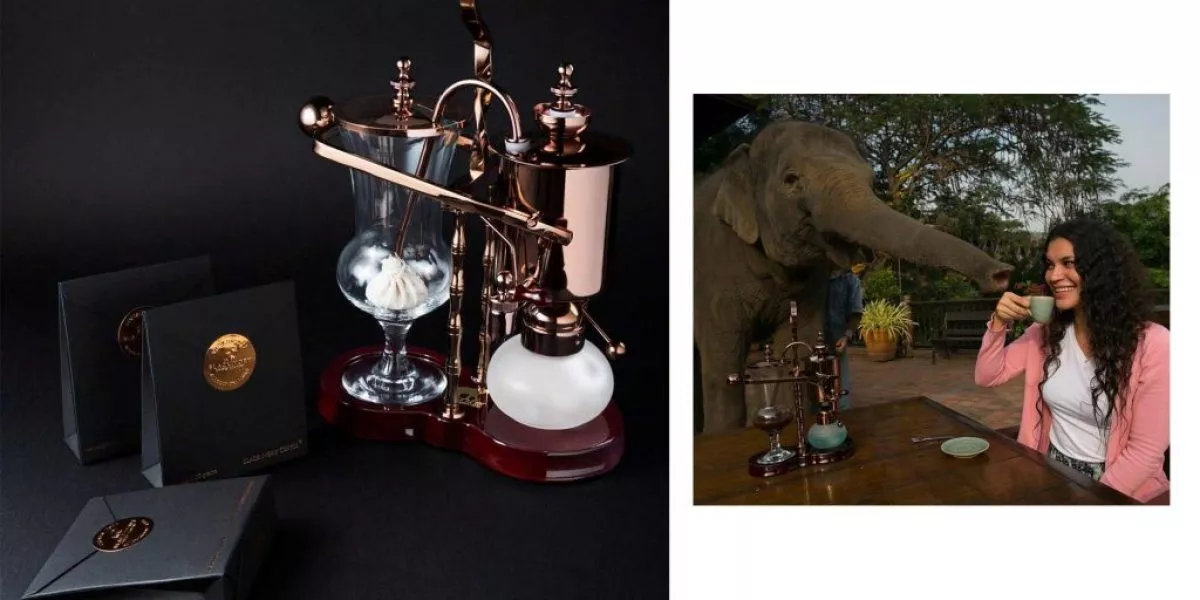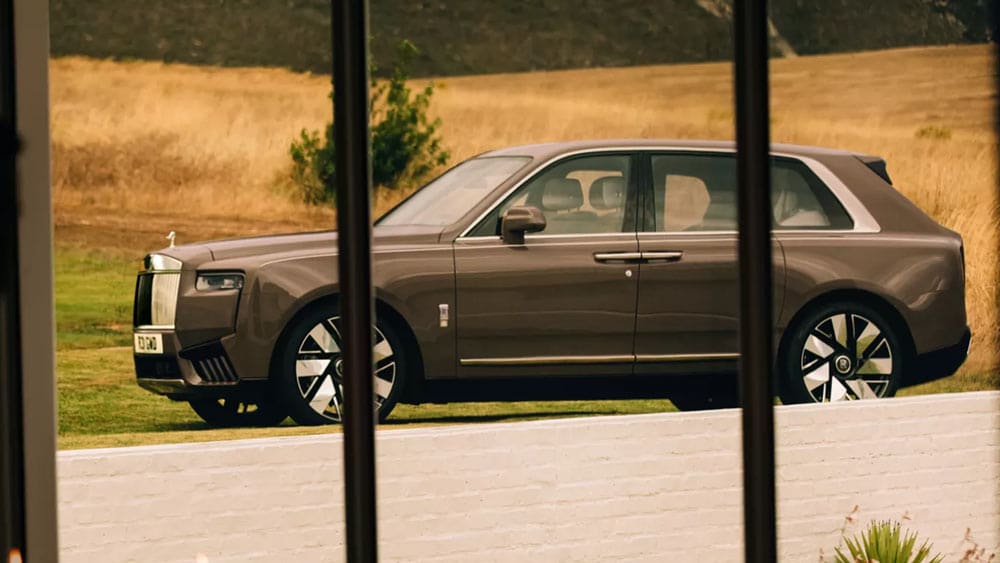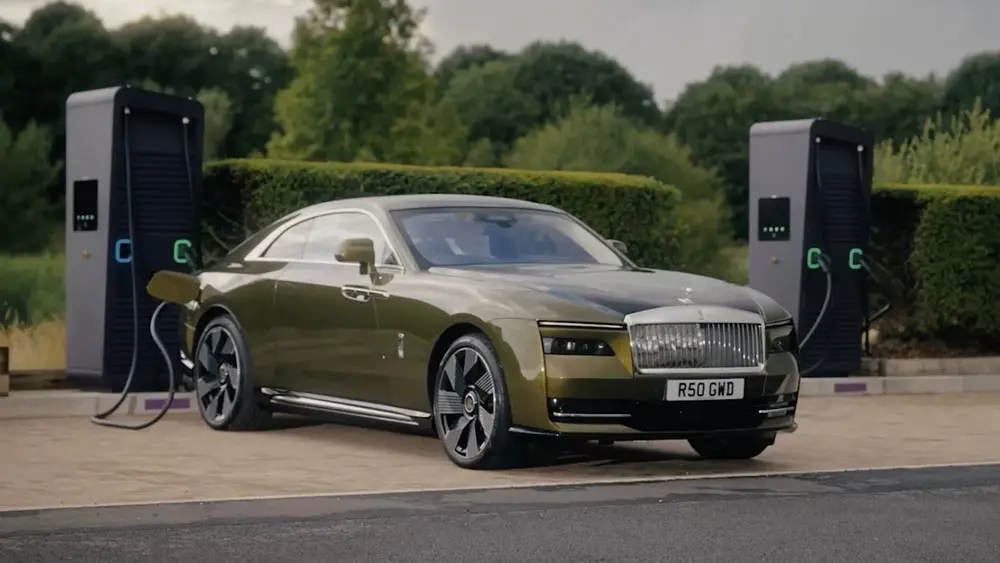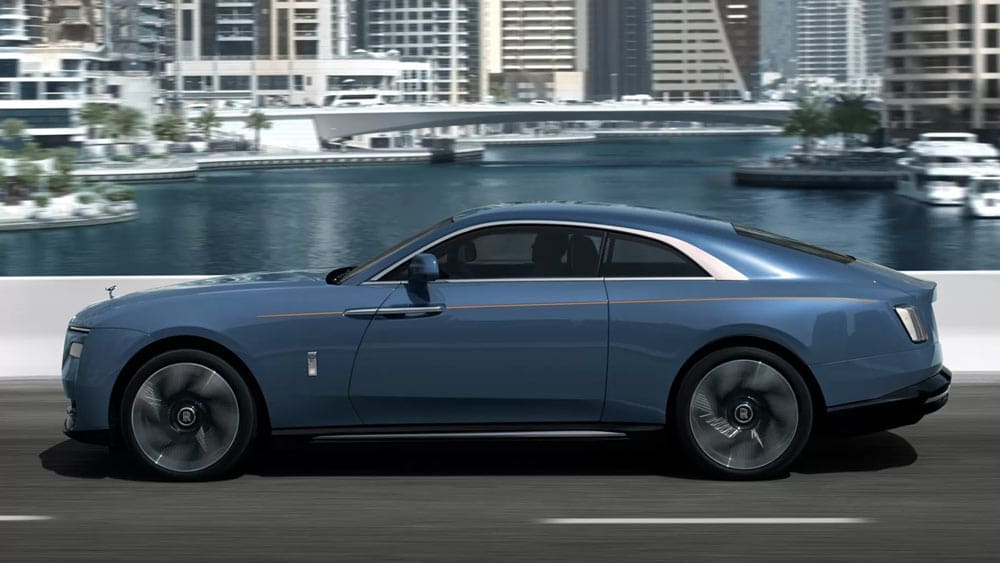The Most Expensive Coffees In The World Has Gross Origins
Coffee has dominated the mainstream as our drug of choice for generations. It’s become so prolific even workplaces have cultivated little automated shrines in which deserving employees are permitted to self medicate the dirty bean water at any time.
In 2018 Brazil became the world’s top producer of Coffee. Producing 35% of the world’s supply. With that said, it can’t claim to sell the two most expensive coffees. That honour goes to Thailand and Indonesia who have found unique selling points to ramp up the value of their beans. The way to really make your coffee worth more is to send it through a special process of ingestion through elephants and Civets.
Civets
This is the one most people are aware of. Civets are a type of bush cat that raid local Indonesian plantations for their produce, leaving behind the nuts in their sit. As the old saying goes. When life gives you shit, make coffee out of it and sell it for exorbitant rates overseas. The final product Civets leave behind is called Kopi Luwak. It’s rumoured the Civet is choosey enough to only pick the best beans, and the time it spends inside them smooths the flavours out. It also has lower caffeine levels than it’s unfermented counterparts.
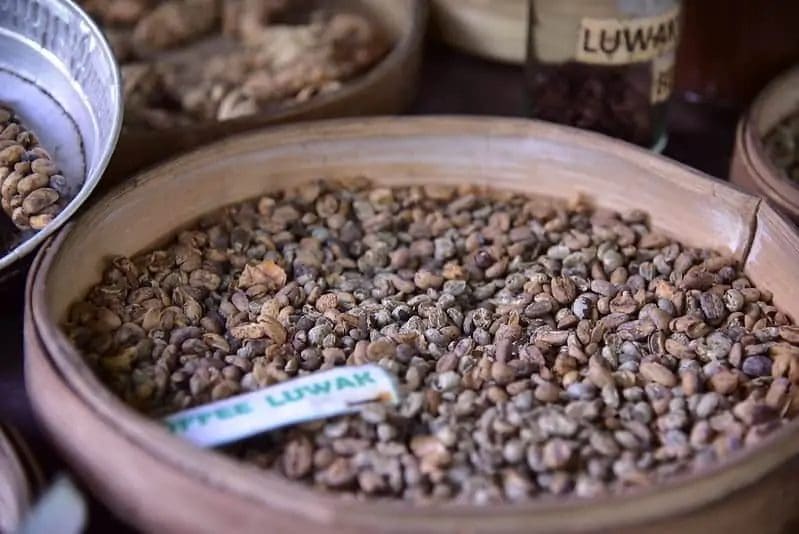
While traditionally Kopi Luwak has been gathered from wild Civet droppings, demand has seen coffee plantations set up more battery farms of caged Civets, held captive for their valuable guano. The rise in popularity has seen prices soar. Prices can reach over $600 per kg of this prized shit. This is in part due to this bizarre coffee ending up on the Oprah Winfrey show and the Jack Nicholson movie The Bucket List. Civet’s aren’t currently on any endangered lists fortunately. But if you were to add Kopi Luwak to your own bucket list, you should at least be aware of what you’re funding. Unknowing buyers have also bought Kopi Luwak that’s fake, leading Japanese researchers to develop tests that can tell whether a bean has been plucked straight from the tree, or straight from a steaming pile of dung.
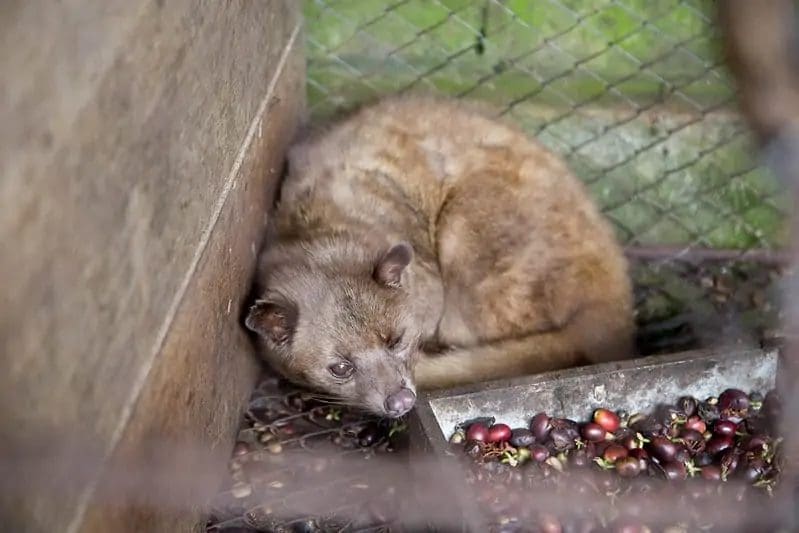
But is it any good? It’s a hugely divisive brew. Rocky Rhodes of International Coffee Consulting Group puts it bluntly “At a farm in East Java, I was given the opportunity to evaluate their lots of coffee, which they had separated into sizes: large, medium, and small. On this farm were caged Luwaks that fed on the exact same coffee, which was also included in the cupping. After cupping the four samples, it was apparent that Luwak coffee sold for the story, not superior quality.”
“It would appear that the Luwak processing diminishes good acidity and flavor and adds smoothness to the body, which is what many people seem to note as a positive to the coffee.”
Black Ivory
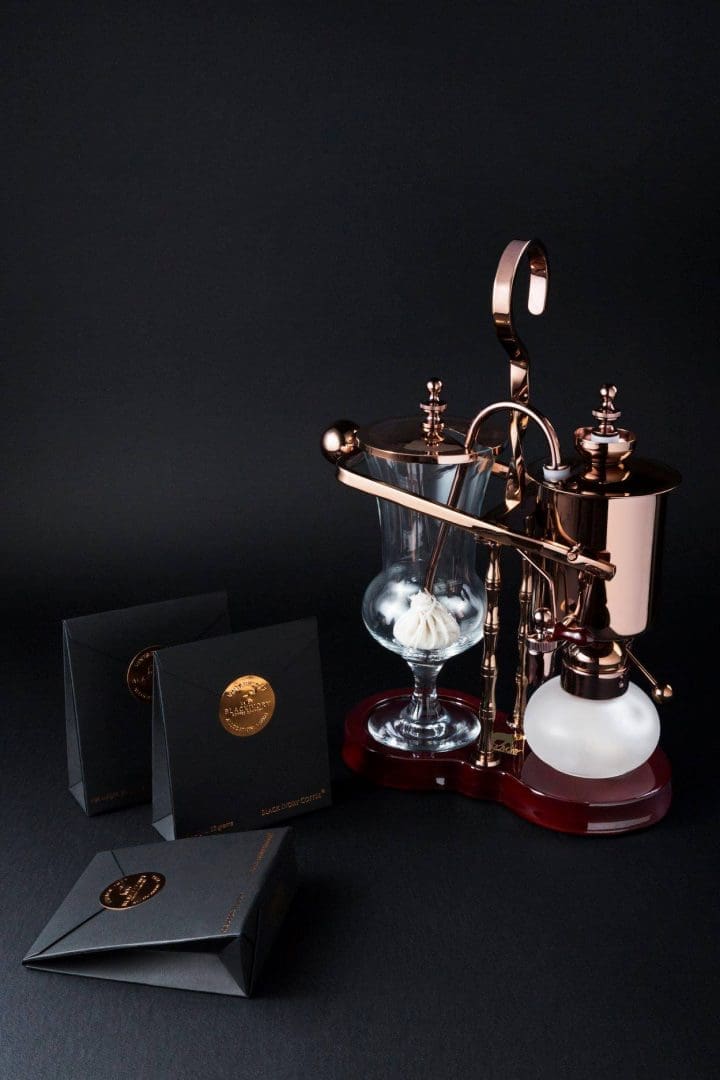
In the upper reaches of Thailand nestled in the Golden Triangle is a farm that produces Black Ivory, a well marketed byproduct of their elephants. This runs through much the same process as the Civet, except it takes a lot more time and effort. The elephants have about 33kg of 100% Arabica grown at an altitude of 1500 meters in Chiang Mai slipped into their regular diet. After around three days of “fermentation” in the herbivores guts, it finishes the process and is left on the ground for workers to pick through.
The beans are then raked out and dried. Finally only the intact beans are picked out, to ensure an even roasting.
Of that 33kg only 1kg of beans are rescued. This leaves you with a price tag of $100 for just 35 grams. That’s enough to maybe make you 400ml of Black Ivory coffee. Yearly they only produce about 120kg of Black Ivory Coffee, with roasting done on demand to ensure freshness.
Canadian entreprenuer Blake Dinkin describes the flavour to NPR, “The aroma is floral and chocolate; the taste is chocolate malt with a bit of cherry; there’s no bitterness; and it’s very soft, like tea. So it’s kind of like a cross between coffee and tea.”
Another review by the Wild N Free diary also leaves a glowing recommendatio. “This is one of the most complex and full-bodied coffees we have ever had. The aroma is extended and well-balanced. At first, there are some fruity notes of cherries with earth, leather, and butter. On the palate, we could feel a hint of fresh grass with a complete absence of bitterness. On the second round, when coffee is a little bit cooler, it develope a delightful chocolaty aroma with even more distinct leather. The fruity aroma isn’t there anymore: interesting! The taste truly is distinctive with well-balanced acidity… The finish is long, full of chocolate and caramel notes. Still no bitterness, only a feeling of “I want more!””
Unlike the Civet trade, Black Ivory is staying at a boutique level for now, and elephants aren’t being caged and force-fed, which is good news. Also 8% of their all sales to the Golden Triangle Asian Elephant Foundation.

